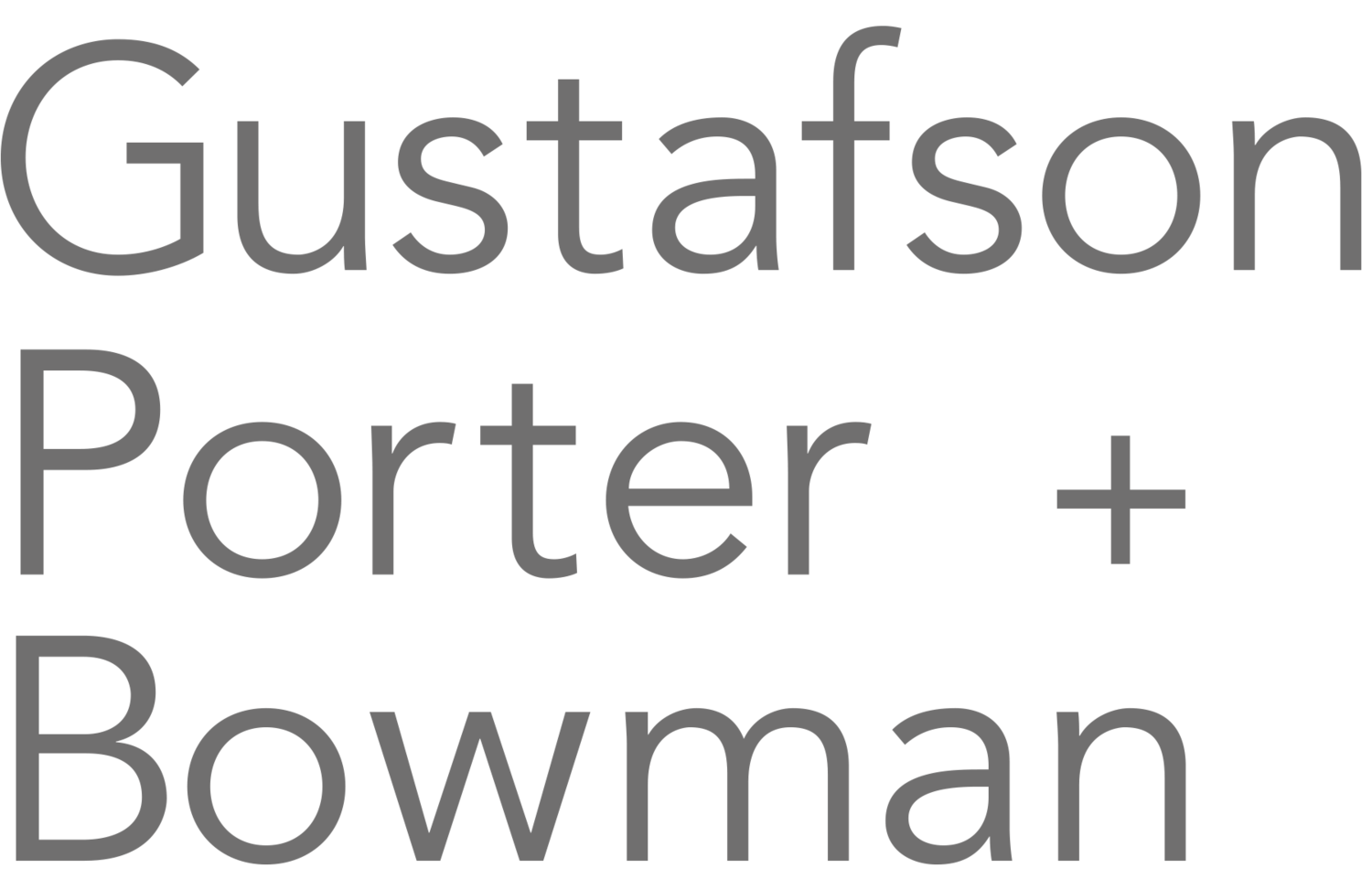Space House
View of Space House from Kemble Street, Image © Squires & Partners
London, United Kingdom | 2018 - 2024
The sensitive refurbishment and extension of the Grade II listed Space House and its surroundings in Convent Garden is the work of Squire & Partners and Gustafson Porter + Bowman for Seaforth Land. Bronze winner of the World Architecture News Future Projects award (Commercial category), the ambitious retrofit involves the transformation of the tower, the Kingsway block and surrounding area into a contemporary, flexible and publicly accessible square supporting shops, cafes and outdoor seating terraces.
Space House was designed by Richard Seifert and Partners and is known for its innovative architecture, with a striking grid-like precast concrete façade. Built in 1968, the building was refurbished in 1996 and again in 2003. Squire & Partners’ designs will remove the layers of subsequent interventions to retain, expose and celebrate the original architecture, whilst creating new, complementary additions to accommodate modern working environments.
The existing public realm, previously used as a car park, has been enhanced by Gustafson Porter + Bowman to provide links between the ground floor retail uses in the two buildings. An existing onsite petrol station canopy at the base of the tower has been enclosed to become The Filling Station restaurant, activating the street level and opening it up to public use.
Creating a key movement route through the site supports the activation of the building and makes it more permeable within its city centre location. To ensure a universal design strategy, this movement route is legible, accessible and provides extensive seating as places for rest. Supportive features such as arm and back rests, ergonomic profiling and a range of seating heights provides support to the variety of users and visitors to the site.
Gustafson Porter + Bowman’s concept design for the public realm is underpinned by the geometry and structural grids of the central building. The 360 degree architectural character requires a landscape that could also be experienced in all directions - a radiating paving design was developed to express this structure, while also defining the zones of the public realm.
“Inspired by the iconic architecture, the Space House landscape grows from the site geometry, with seating and planting that can be experienced in all directions. It provides a valuable dwell space between Holborn and Covent Garden for the public visiting this exemplary retrofit office space.”
Public Realm Looking West
Space House Public Realm



